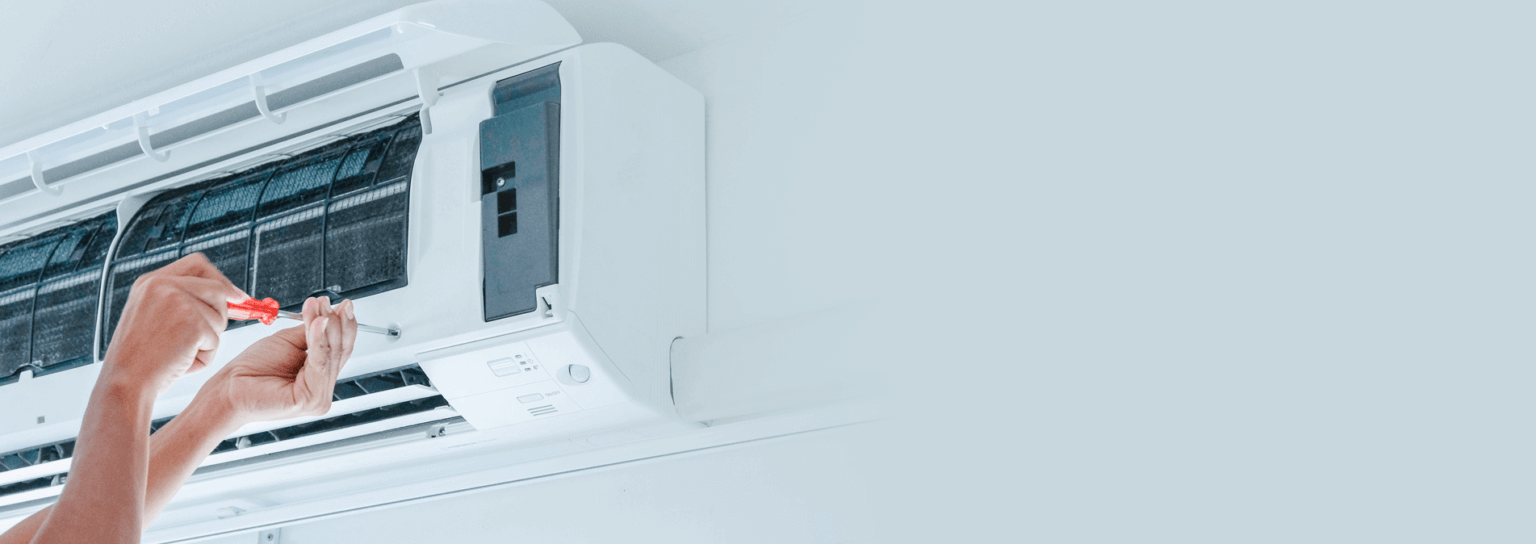As someone who owns a home, ensuring your HVAC system operates efficiently is crucial for maintaining a comfortable living environment, especially with changing seasons. The heating, ventilation, and air conditioning system, usually known as HVAC, serves a crucial role in controlling indoor temperatures, providing fresh air, and maintaining proper humidity levels. But, dealing with the challenges of these systems can be daunting, particularly for those who are new to being homeowners or are new with the workings of these systems.
In this article, we'll review the top ten HVAC maintenance tips that all homeowner should know. From understanding the basics of how your HVAC system functions to identifying common problems and understanding when to bring in a professional, these tips will enable you to handle your home's heating and cooling needs. With the right knowledge and practices, you can extend the life of your system, improve indoor air quality, and ultimately save money on energy bills. Let's explore the essential maintenance strategies that will ensure your HVAC system running smoothly year-round.
Understanding HVAC Systems
HVAC stands for heating, ventilation & air conditioning. It refers to the system that delivers indoor ambient comfort through temperature control, humidity regulation, and atmospheric quality control. A well-designed HVAC system takes a vital role in ensuring a pleasant and well-balanced living space, making it an essential component of contemporary homes.
Heating systems are responsible for warming the inside of a building. Common forms include heaters, heat exchangers, and boilers. Cooling air conditioning replacement , usually epitomized by air conditioning units, are designed to cool the interior atmosphere, providing comfort during warm months. Air circulation, often involving the movement of fresh air, is vital for maintaining indoor air quality, aiding in eliminate pollutants and ensure a fresh atmosphere.
Understanding how these systems work together is key to optimal function. The interplay between warmth and cooling controls indoor climate, while adequate ventilation enhances air quality. Familiarizing yourself with your HVAC system's parts and roles can enable you to take informed decisions about upkeep, upgrades, and eco-friendly practices.
Important HVAC Maintenance Recommendations
Consistent maintenance of your HVAC unit is crucial for maintaining its efficiency and durability. One of the most straightforward yet highly effective recommendations is to replace your air filter every two to three and three months, depending on how often you use it and the style of filter. Dirty filters can block airflow and cause your unit to work more leading to increased utility costs and possible damage. Keeping a consistent schedule for changing filters not just improves air quality while also enhances the overall performance of your HVAC unit.
Another vital maintenance advice is to book yearly professional inspections and tune-ups. A qualified technician can find and address issues before they become serious into high repairs. At these inspections, the technician will clean the coils, check refrigerant levels, and make sure that all components are functioning properly. This proactive approach not just helps maintain performance but also extends the life of your HVAC system, saving you money in the future.

In conclusion, making sure that your outdoor unit is clear of debris is important for optimal efficiency. Regularly check for leaves, grass, and other obstructions that could block airflow. Maintaining the area around your outdoor condenser unit clean allows for improved heat exchange, improving efficiency. Additionally, consider covering the unit during severe weather conditions to protect it from potential damage and maintain its functionality when the season changes.
Energy Efficiency and Cost Savings
Boosting the efficiency of energy of your HVAC system can lead to significant savings on costs on your utility bills. Consistent maintenance, such as replacing air filters and cleaning ductwork, makes sure that your system operates efficiently, lessening the workload on your heating and cooling units. By making minor adjustments, like sealing leaks around windows and the doors, you can also prevent conditioned air from leaking out, which helps your HVAC system run less often and reduces costs.
Putting money into a smart thermostat can further enhance energy efficiency. These devices allow you to set heating and cooling timings according to your lifestyle, making sure that energy is not wasted when you are not home. Additionally, many smart thermostats can analyze your energy usage and recommend adjustments to optimize efficiency. The savings from reduced energy consumption can quickly offset the upfront expense of purchasing a smart thermostat.
In conclusion, consider upgrading energy-efficient HVAC systems that are designed for maximum performance with minimal energy use. Look for systems approved by Energy Star, which meet strict efficiency standards. While the upfront investment may be greater, the future savings achieved through lower energy bills and potential subsidies can make these systems worth the expense. Adopting these energy-efficient practices not only advantages your wallet but also helps to a greener environment.
